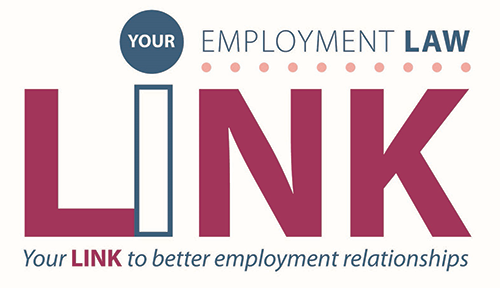If you value your friends and family then think carefully before employing them!

If you value your friends or family then do not employ them. Most people will ignore this advice but what they should not ignore is the need to discuss with them from the outset how you are going to sort things out if it doesn’t work out for you. And do things properly – provide an employment agreement and comply with your legal obligations. A decision[1] of the Employment Relations Authority highlights the dangers of employing friends and the difficulties a friendship poses when fulfilling your obligations as the employer. The luckless employer on this occasion was Clark Education and Training limited. The friends were Christopher Clark and Perry Wright. Perry is a solo dad of two young children and was on the DPB. He could earn $80.00 without his benefit being reduced. Christopher’s company needed someone like Perry to organise training courses from home. In short, a mutual need, the essential ingredient for a relationship, existed. However, how they went about creating it was determined by the friendship rather than normal employment practices.
There was no written agreement. Of course none was needed: They were friends, weren’t they! And anyway their only concern was to arrange matters to avoid any impact on Perry’s benefit entitlement. The company paid $130.00 per course. They decided to pay Perry $80.00 each month and the rest in kind, petrol that is, fuel for the car. They provided him with a landline, internet connection and a laptop.
However, was Perry an employee? This crucial question needed answering because if he was an employee then the company had to provide a written employment agreement, annual holidays and other entitlements; and, most importantly, if things did not work out then the relationship had to be ended correctly.
At the Employment Relations Authority hearing Perry said he believed was an employee: Christopher said no, he was an independent contractor and produced a contract to prove that people doing the work Perry did had been independent contractors. But he had never shown this contract to Perry and they did not discuss the matter at any time during the employment relationship. For compelling reasons, including the deduction of PAYE from the $80.00, the Authority concluded that Perry was an employee.
Over time Christopher became concerned about Perry’s performance. Courses were cancelled because Perry was leaving things to the last minute causing Christopher to conclude that Perry could not cope with cold-calling. So why did he not talk to him about this? Was the reason the friendship? The Authority’ decision does not address this directly but the manner in which Perry’s employment was terminated suggests that friendship was the reason. On 23 July 2009 Christopher visited Perry without telling him what he wanted to discuss and told him that the arrangement was not working out and, “in the interests of their relationship”, they should part company.
Even though the Authority’s decision does not mention this, it appears that for some reason Christopher expected Perry to reply with something like “Mate, our friendship comes first. If it is not working out for you then that is okay with me.” He didn’t. He asked Christopher to leave and when he didn’t he lit a cigarette knowing that Christopher couldn’t abide cigarette smoke. When Christopher asked for the computer and his records, Perry refused but said he would return them the next day. When Christopher returned the next day Perry produced a list of courses he had been organising and said he wanted payment before he would return the computer. Christopher stormed off and got the Police. The computer was eventually returned but not after it had mysteriously disappeared during the Police Constable’s visit.
Unsurprisingly the Authority found that Perry was unjustifiably dismissed. Perry had not been advised of the problems and therefore not given an opportunity to improve. He had been dismissed like a thief, instantly without notice.
There is a strong suggestion in the decision that the Authority was not impressed with Perry. The Authority thought Perry exaggerated the impact of the dismissal on him when he claimed he was devastated. When it came to the mysterious disappearance of the laptop, Perry claimed it genuinely could not be found and initially denied but later conceded that he did not give it to the Police Constable because he wanted to retain it until paid in full for the work he had done.
The Authority also appeared to be kindly disposed towards the company. It did not award penalties for its failure to provide a written employment agreement, concluding that in effect the parties “were happy to enter into an informal arrangement as a result of their relationship for the benefit of both of them…” It also would not allow Perry to seek compensation for the 14 courses Perry had been in the process of filling prior to his dismissal because, first, he did next to nothing to reduce the loss by working and, secondly, he raised this claim too late for Christopher to provide and effective response.
The company was ordered to pay $3,000.00 in compensation, $80.00 being one week’s pay in lieu of notice and arrears of wages and holiday pay of $542.47. If this case were to be heard today, in 2018, it is likely that the compensation figure would be higher.
The moral to this story is that if value your friends then don’t employ them but if you intend doing so then discuss with them from the outset how you are going to sort things out if it doesn’t work out for you. And do things properly – provide an employment agreement and comply with your legal obligations.
[1] Perry Wright v Clark Education and Training Limited Unreported 15 September 2010 CA 180/10
Published on Friday, July 27th, 2018, under Blog


